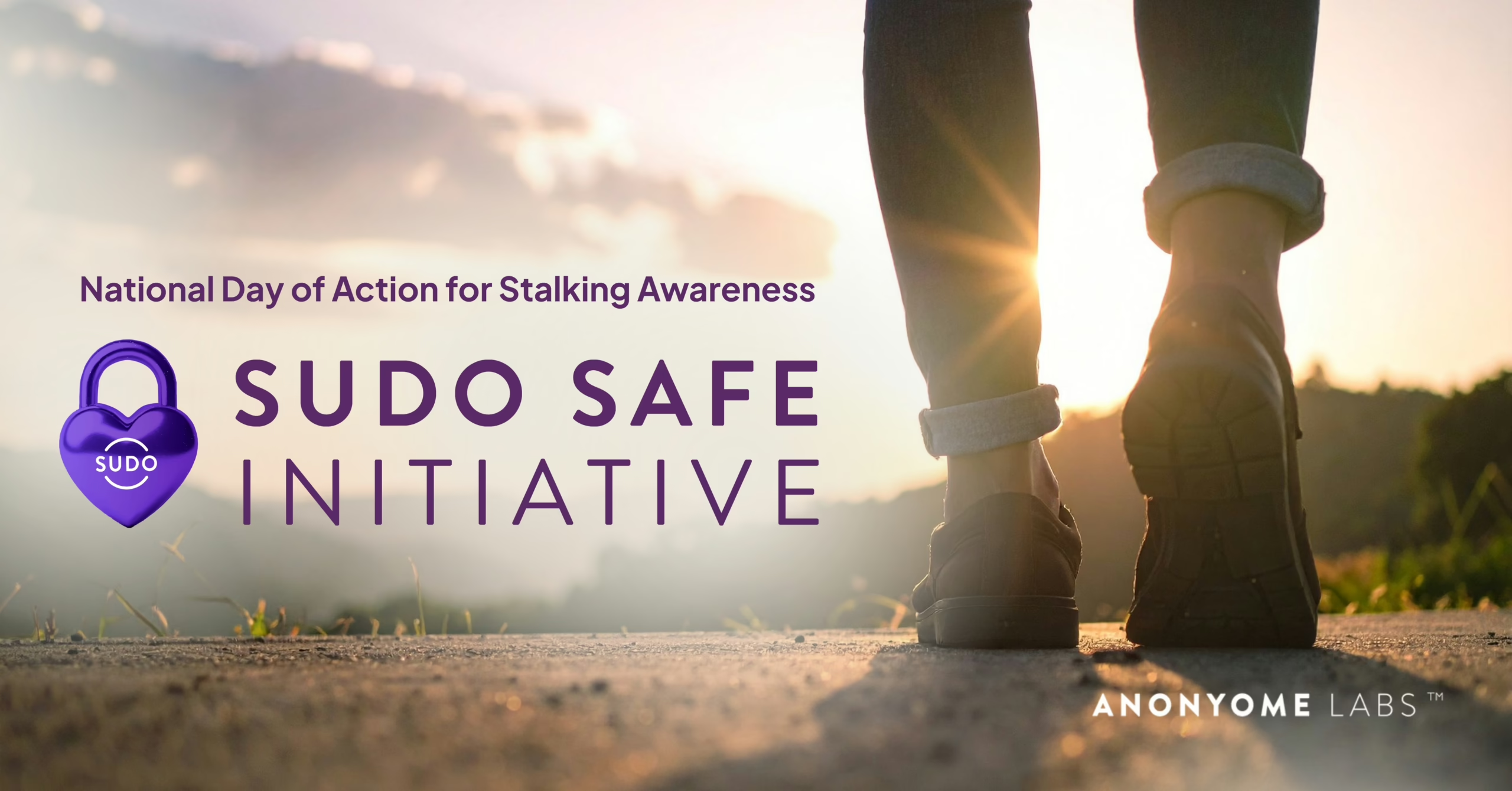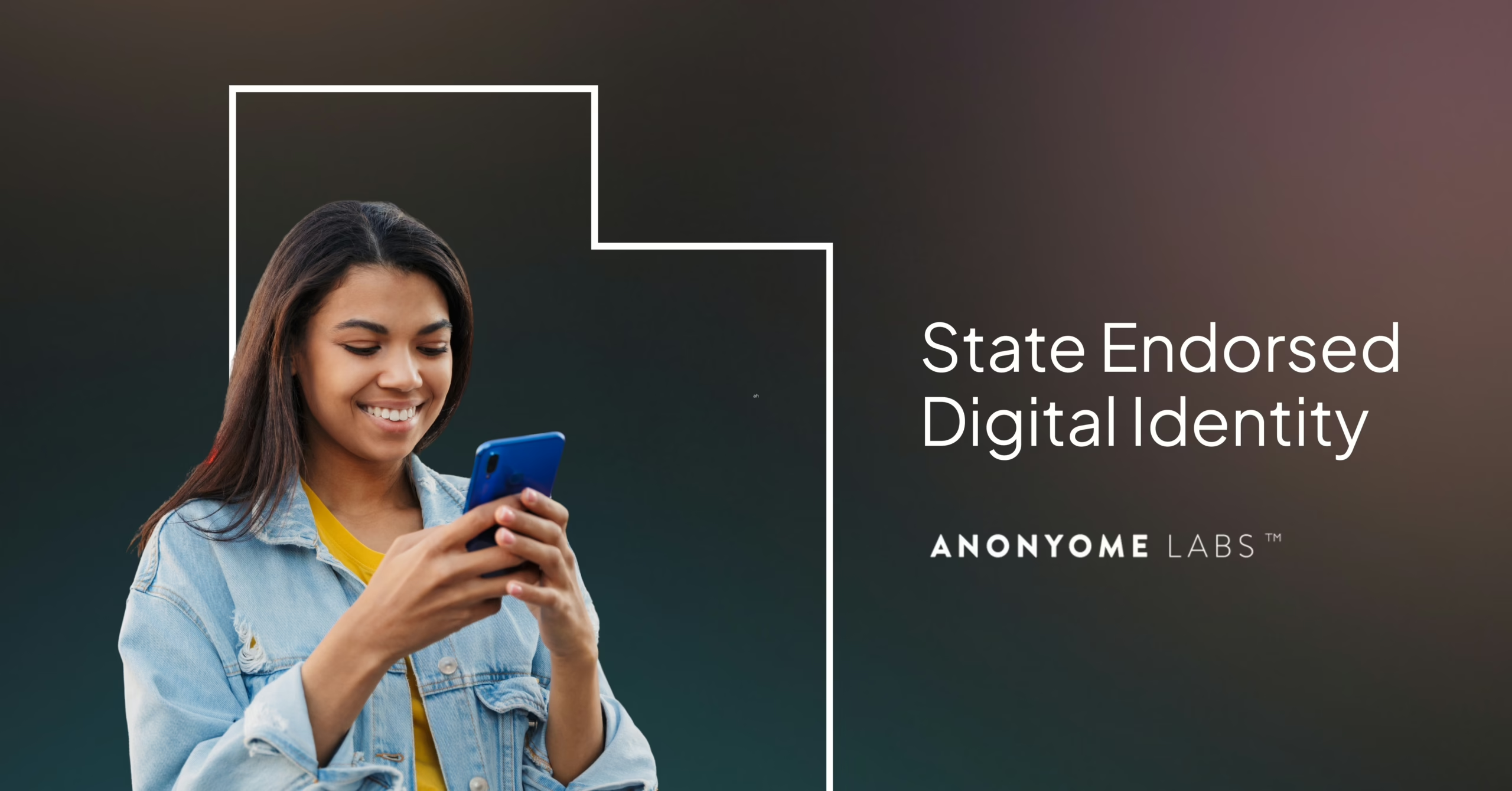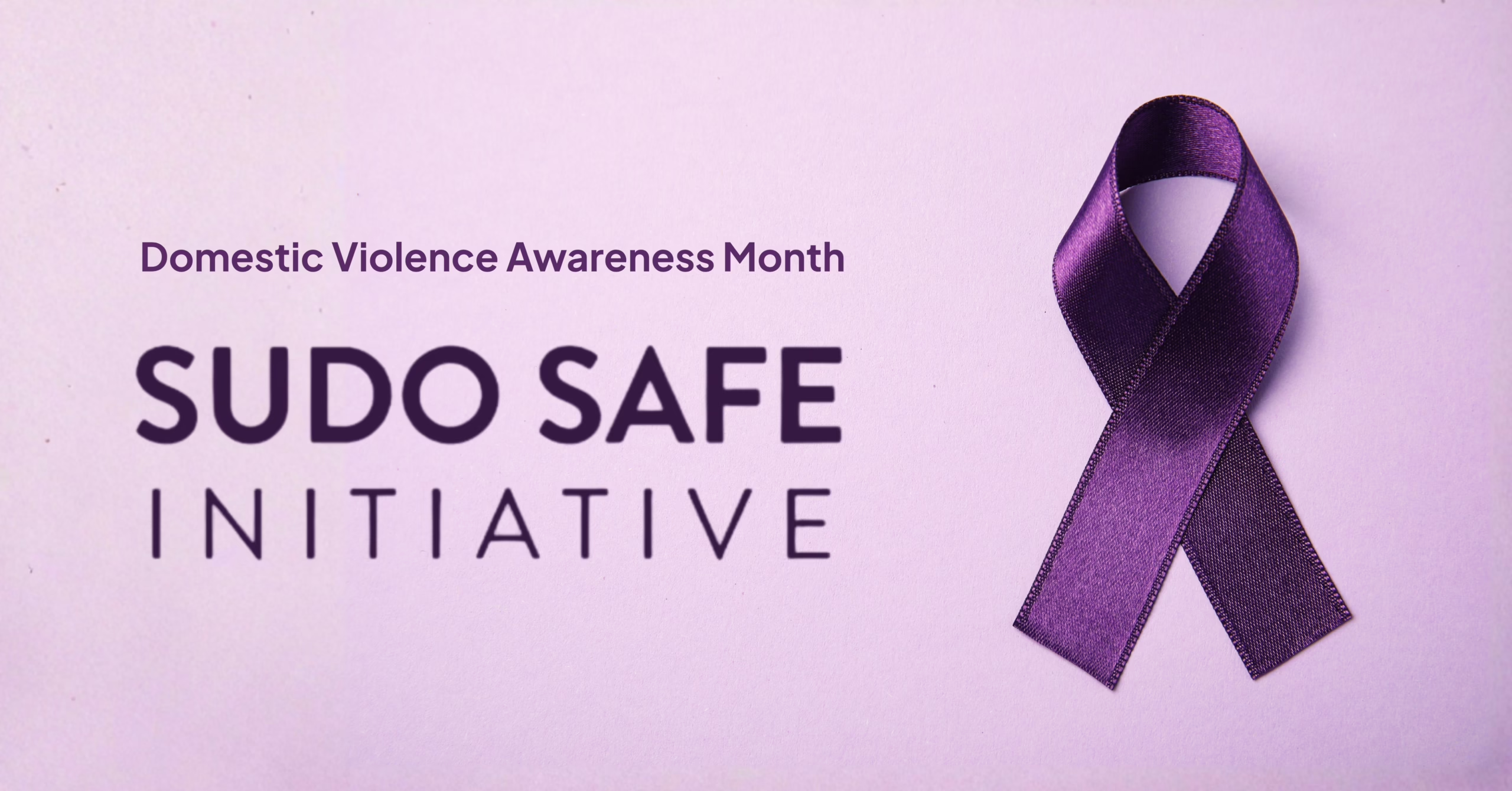You probably know a handle is a public name or nickname you use online. You’ll be familiar with handles from Twitter and other social media platforms.
We use handles in MySudo to powerfully protect the privacy of your personal information online and off. Here are 3 big benefits of using the handles in MySudo:
1. Handles are a useful alternative to a phone number for using all the private and secure (end-to-end encrypted) communications features in MySudo.
Like all the privacy and cybersafety features in MySudo, handles are about protecting your personally identifiable information (PII) or personal data.
MySudo is well known for its private and secure Sudo-to-Sudo communications functionality. With your Sudo handles, you can enjoy end-to-end encrypted voice, video and group calls with other MySudo users, without using a phone number.
Learn more about how we keep your data safe with end-to-end encryption.
2. Handles are easy to remember and share.
In MySudo, you choose your own handles so they’re unique to you. They’re also easy for you to remember and share with others – and easy for others to recall when they want to contact you.
For example, you could set up a “Family and Friends” Sudo and add a handle to it, then share it with your closest contacts so it’s easy to communicate with each other in MySudo.
Here are the steps:
- Create a “Friends and Family” Sudo.
- Tap Settings.
- Add a Sudo handle that you want to share with friends and family.
- Tap Save.
3. Sudos help with compartmentalization, the most powerful data privacy strategy in the world.
Compartmentalization is the most powerful data strategy in the world today, and we designed MySudo to make compartmentalizing your personal data simple.
Compartmentalization means categorizing and separating our personal data into many different compartments to reduce the impact when it is compromised. Compartmentalization recognizes no system is perfect and breaches are always possible, so it’s wise to manage the risk.
Another way to look at compartmentalization is limiting access to information to only those people or organizations who need it in order to perform a certain task or function. Originating in the military with classified information, the concept can be further understood with another military term: managing the blast radius. In information security, compartmentalization is equally about spreading the risk so if there’s any impact (breach) we’ve limited the damage to our personal information and the harm and recovery effort are far less.
By creating multiple different Sudos and compartmentalizing or ‘siloing’ your information into those profiles or categories (e.g. shopping, study, work, banking, travel, hobbies), you’re separating and protecting your personal data and limiting the impact if one Sudo is caught in a breach. So, for instance, you could have a Sudo handle that you only share with your family and friends to communicate privately and securely with them. You might also have a handle that you only share with your business associates, keeping all your private business communications separate and organized. How you use and compartmentalize your Sudos is up to you.
At Anonyome, we’re all about empowering you to reclaim control over your personal data. Handles are just another way we do it.



